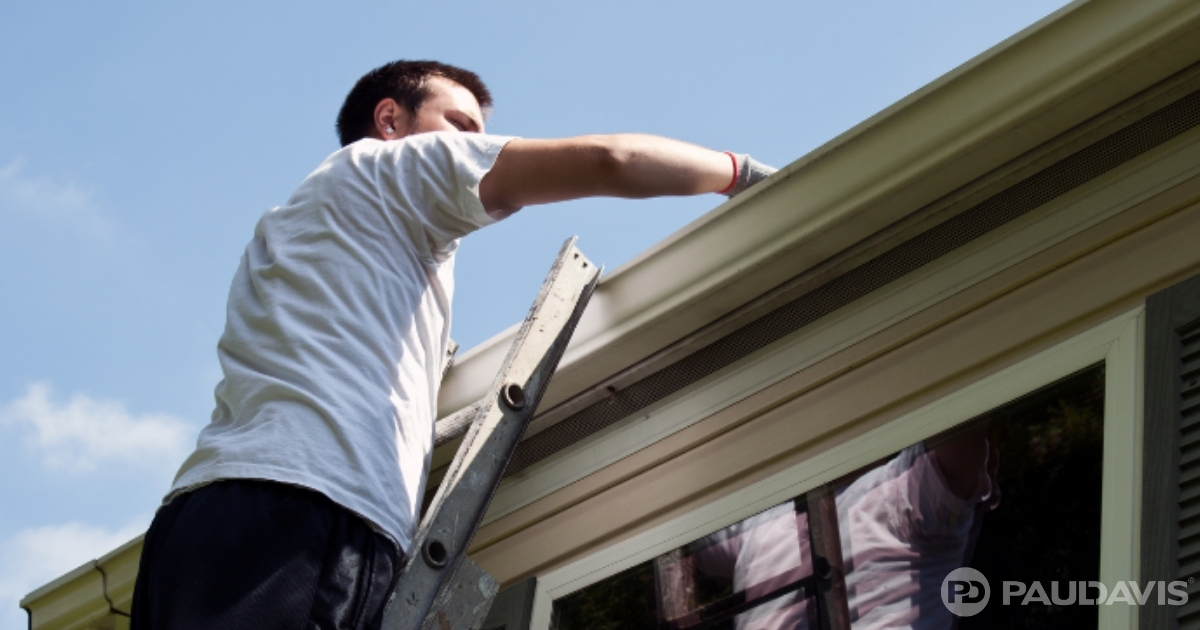
The 2023 Nova Scotia floods last summer affected many residential properties in Halifax. In many cases damage was limited but as often is the case multi-family rental property damage is more complex. Often tenants are younger, just starting out in their residence, or older renters on fixed incomes. Both have trouble managing when repairs take place for multi-family buildings.
“Owners of multi-family dwellings often live close to - and not infrequently - manage these properties themselves,” says John Stoker, President of Paul Davis Restoration Central Nova Scotia. “They risk being victims of the same disaster with their hands full as both landlord and homeowner. Advance preparation is the best defence against this challenging situation.”
Multi-family rental property owners can wisely take preparation steps before the next storm arrives:
Maintain and upgrade building systems: Inspect regularly for water leaks in the units as well as repairing and cleaning roofs and eavestroughs. Carefully trim landscaping. Install a generator to provide auxiliary power during outages. This will keep the building’s sump pumps and residents’ medical equipment running throughout the storm.
Establish a good relationship with tenants: Nurturing trust and familiarity goes a long way when property damage and renovations disrupt tenant lives. Further, tenants are more likely to notify property owners or managers if employment lapses or medical emergencies – both extremely common during disasters - affect rent payments.
Keep lines of communications open: Communications often suffer during disasters. When property owners or managers provide renters with their mobile phone number and email address, needed actions can be addressed more quickly when contacted.
Review insurance: By reviewing insurance coverage with the carrier, necessary updates for coverage will not be overlooked. Owners can also require tenants to maintain renter’s insurance which covers their personal property losses from a disaster.
Understand landlord and tenant rights: Ensure that both property owners and tenants understand their rights and have current copies of their leases. Many leases contain provisions for rent abatement (reducing or suspending rent payments) or lease termination if a significant part of the property is damaged or completely unusable, though regulations and rights vary by locality.
Choose a restoration firm in advance: Contact a restoration company before your property suffers a calamity. Be sure to investigate if the restoration company is experienced in working with insurance carriers, also select one that understands your goals as an owner, as well as the concerns of tenants.
Stoker adds, “Hire a company you trust , be sure it has the mitigation and restoration skills, plus sufficient workers to perform their work simultaneously on multiple rental units.”
